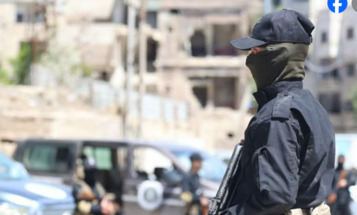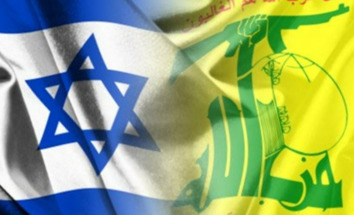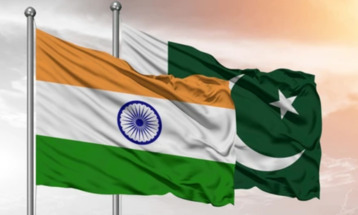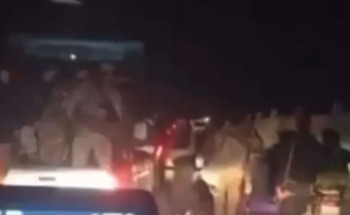-
Iran’s IRGC accelerating recruitment in Deir Zour, Syria: Expert
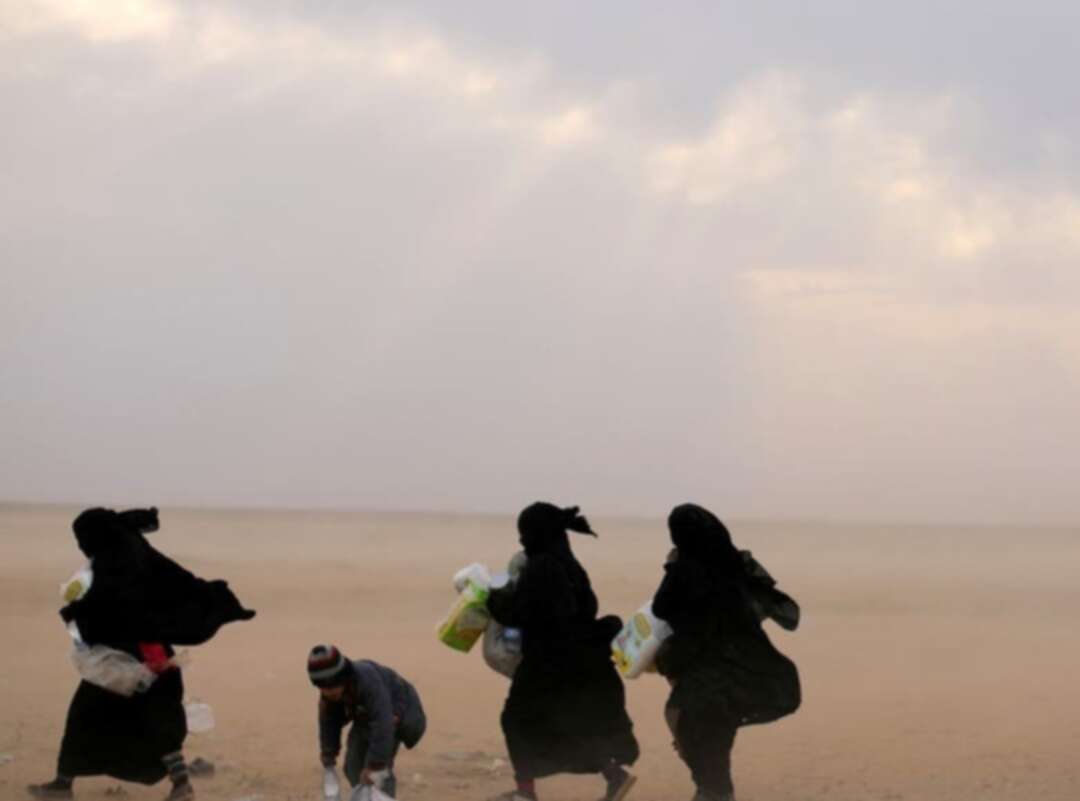
Ten years after the beginning of the Syrian revolution, Iran is increasing its recruitment drive in the eastern Syria region of Deir Zour, where it has been expanding its presence since 2017, residents and experts said.
Through its systematic outreach program, Iran has continued to strengthen its control over a region that has become its main gateway for Syria operations.
Iran’s Islamic Revolutionary Guard Corps (IRGC) has been accelerating its recruitment efforts in parts of Deir ez-Zor, west of the Euphrates, said Daham Mounadi, a Deir Zour resident, speaking from Turkey.
“They are investing heavily in the region stretching, especially from Mayadin to Bou Kamal and attempting to create a new generation of highly ideologically driven fighters by exploiting people’s poverty and lack of opportunities,” he said.
The region’s high unemployment rate is pushing young Syrians to enroll in militias backed by the IRGC where they can earn attractive salaries, sometimes double that of a government employee, Mounadi explained.
Iran’s paramilitary network relies on both local and foreign militias.
Local militias include the Villages Army (Jaish al Qura), con¬sisting of more than 2,500 Arab fighters from the province’s villages.
“At the local level, these militias which count around 24 groups, such as the Bair Birgade, the Islamic Resistance or Hezbollah Syria are integrated into the Local Defense Forces,” underlined Syria expert Nawar Shaaban from thinktank Omran Dirasat.
Foreign militias include Lebanese Hezbollah, the Afghani Fatimiyeon and Pakistani Zainabion according to Omar Abu Layla, a Syrian expert who focuses on security and governance in northeast Syria.
Iran has set up as well several recruitment centers in Deir Zour, such Nour Sateh, alongside the Mehdi Scout center and The Iranian Popular Scout Committee. The Al-Shaddouhi Centre in al-Mayadeen, under the direct supervision of an Iranian known as al-Haj Ibrahim, is geared towards teenagers between the ages of 15 and 18 who receive military training and religious lessons, according to the Diyaruna website.
Additionally, Iran has also sought to estab¬lish a network of loyal forces in the region by liaising with the heads of Deir ez Zor tribes, according to German Institute for Politics and Security.
“Recruitment and conversion
Iran has also sought to infiltrate the popular fabric of the people of Deir ez-Zor through some humanitarian and charitable organizations, namely the Jihad Al-Bina Organization, said Shaaban. In 2019, Hezbollah’s Jihad Al-Bina restored sixteen schools in Deir ez-Zor alone. It also periodically distributes food aid to civilians in an effort to gain loyalty from the local population, Shaaban noted.
Iran currently boasts several military bases in Syria, including on the western outskirts of the town of al Mayadin and in al-Bukamal. Over the past two years, Iranian and Iran-backed forces have taken position in the Imam Ali base south of Hamdan, The Talae Garrison, the T-2 energy station base, and Abu Kamal crossing bases, underlined Shaaban.
By increasing its recruitment in Deir Zour, Tehran is seek¬ing to maintain and reinforce the protection of its land corridor to connect the Syria Deir Zour region with Iraq’s Al Qaim region. This area is instrumental for the continuous passage of military and paramilitary forces across the Syrian-Iraqi border and onward to Lebanon.
source: Mona Alami
Image source: Reuters
Levant
You May Also Like
Popular Posts
Caricature
BENEFIT Sponsors BuildHer...
- April 23, 2025
BENEFIT, the Kingdom’s innovator and leading company in Fintech and electronic financial transactions service, has sponsored the BuildHer CityHack 2025 Hackathon, a two-day event spearheaded by the College of Engineering and Technology at the Royal University for Women (RUW).
Aimed at secondary school students, the event brought together a distinguished group of academic professionals and technology experts to mentor and inspire young participants.
More than 100 high school students from across the Kingdom of Bahrain took part in the hackathon, which featured an intensive programme of training workshops and hands-on sessions. These activities were tailored to enhance participants’ critical thinking, collaborative problem-solving, and team-building capabilities, while also encouraging the development of practical and sustainable solutions to contemporary challenges using modern technological tools.
BENEFIT’s Chief Executive Mr. Abdulwahed AlJanahi, commented: “Our support for this educational hackathon reflects our long-term strategic vision to nurture the talents of emerging national youth and empower the next generation of accomplished female leaders in technology. By fostering creativity and innovation, we aim to contribute meaningfully to Bahrain’s comprehensive development goals and align with the aspirations outlined in the Kingdom’s Vision 2030—an ambition in which BENEFIT plays a central role.”
Professor Riyadh Yousif Hamzah, President of the Royal University for Women, commented: “This initiative reflects our commitment to advancing women in STEM fields. We're cultivating a generation of creative, solution-driven female leaders who will drive national development. Our partnership with BENEFIT exemplifies the powerful synergy between academia and private sector in supporting educational innovation.”
Hanan Abdulla Hasan, Senior Manager, PR & Communication at BENEFIT, said: “We are honoured to collaborate with RUW in supporting this remarkable technology-focused event. It highlights our commitment to social responsibility, and our ongoing efforts to enhance the digital and innovation capabilities of young Bahraini women and foster their ability to harness technological tools in the service of a smarter, more sustainable future.”
For his part, Dr. Humam ElAgha, Acting Dean of the College of Engineering and Technology at the University, said: “BuildHer CityHack 2025 embodies our hands-on approach to education. By tackling real-world problems through creative thinking and sustainable solutions, we're preparing women to thrive in the knowledge economy – a cornerstone of the University's vision.”
opinion
Report
ads
Newsletter
Subscribe to our mailing list to get the new updates!


